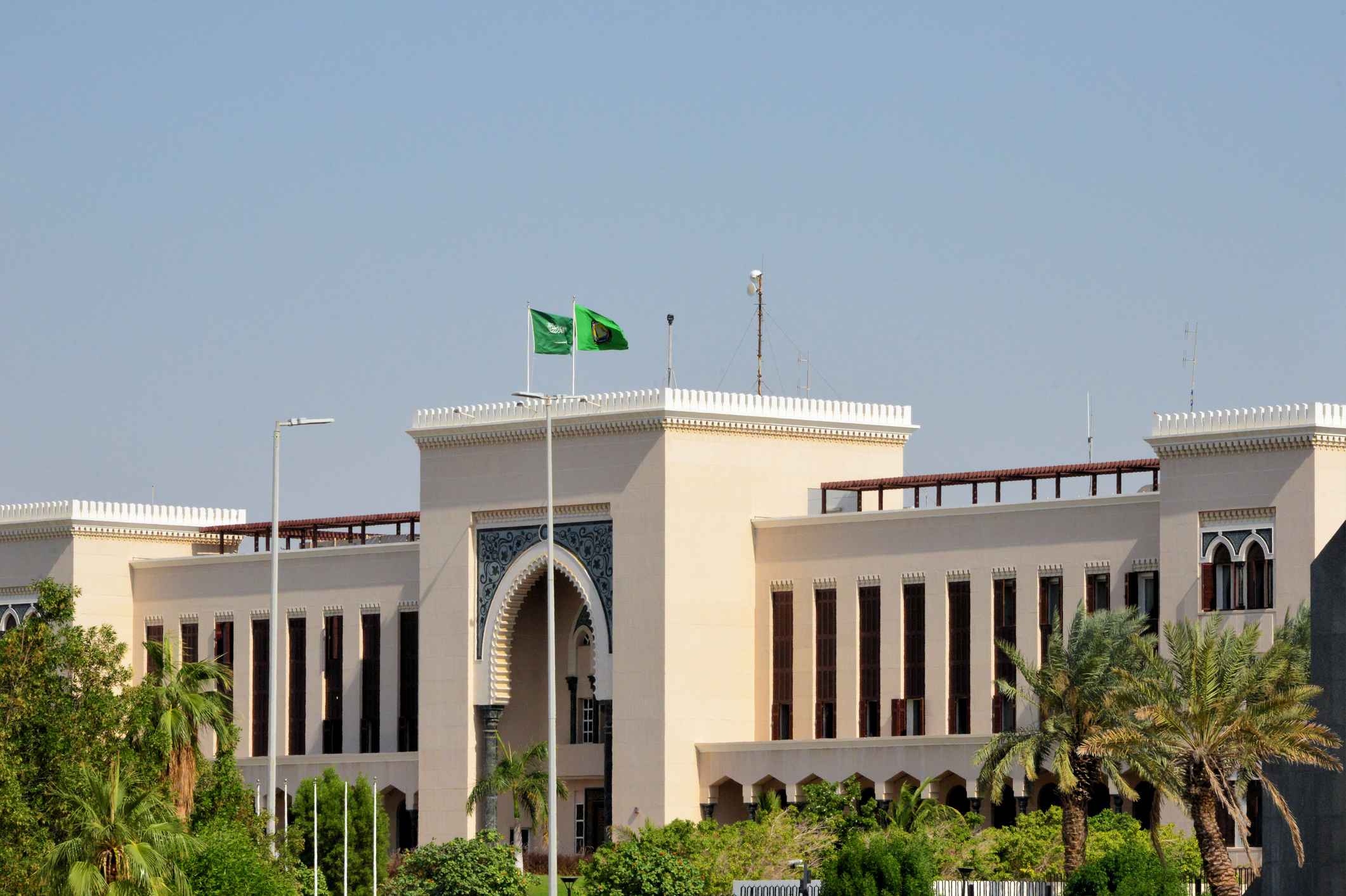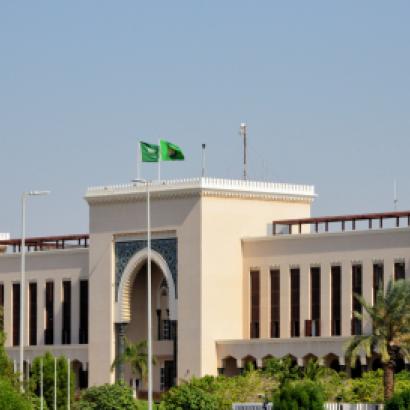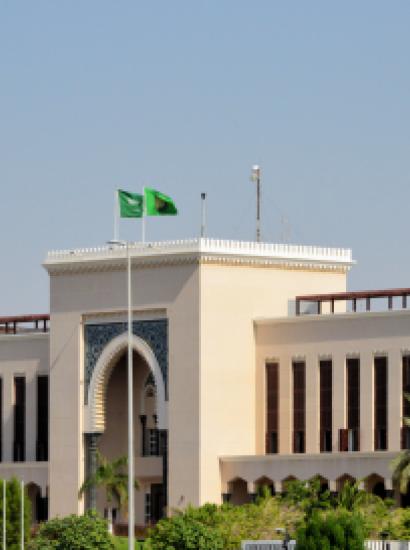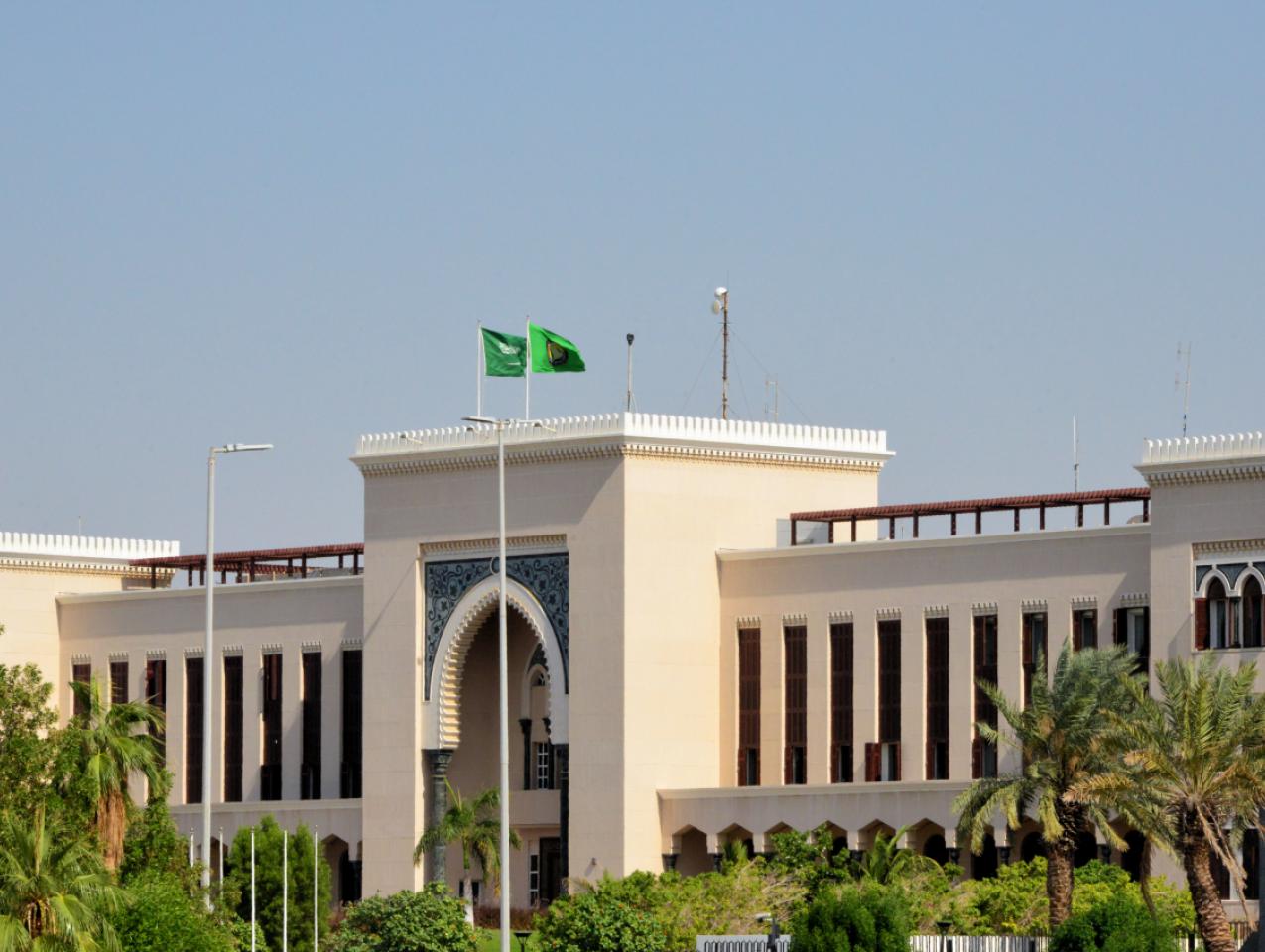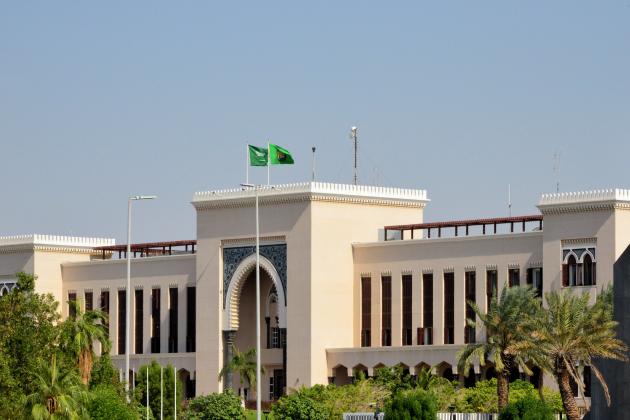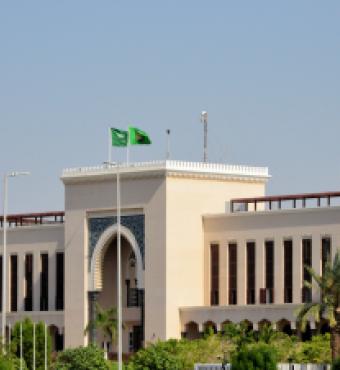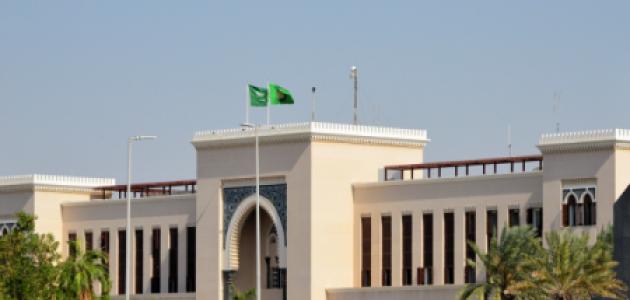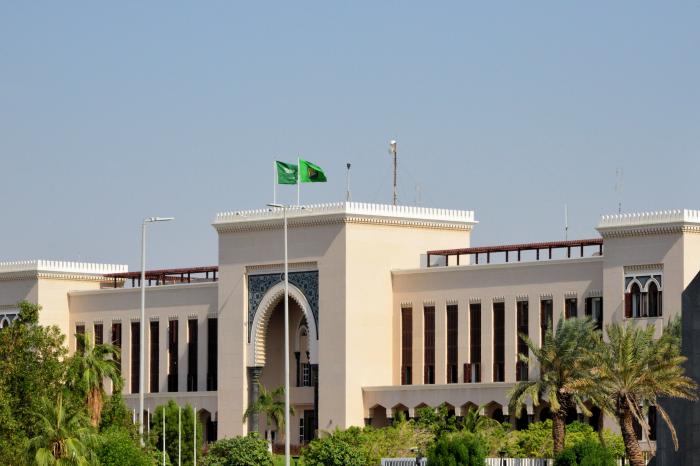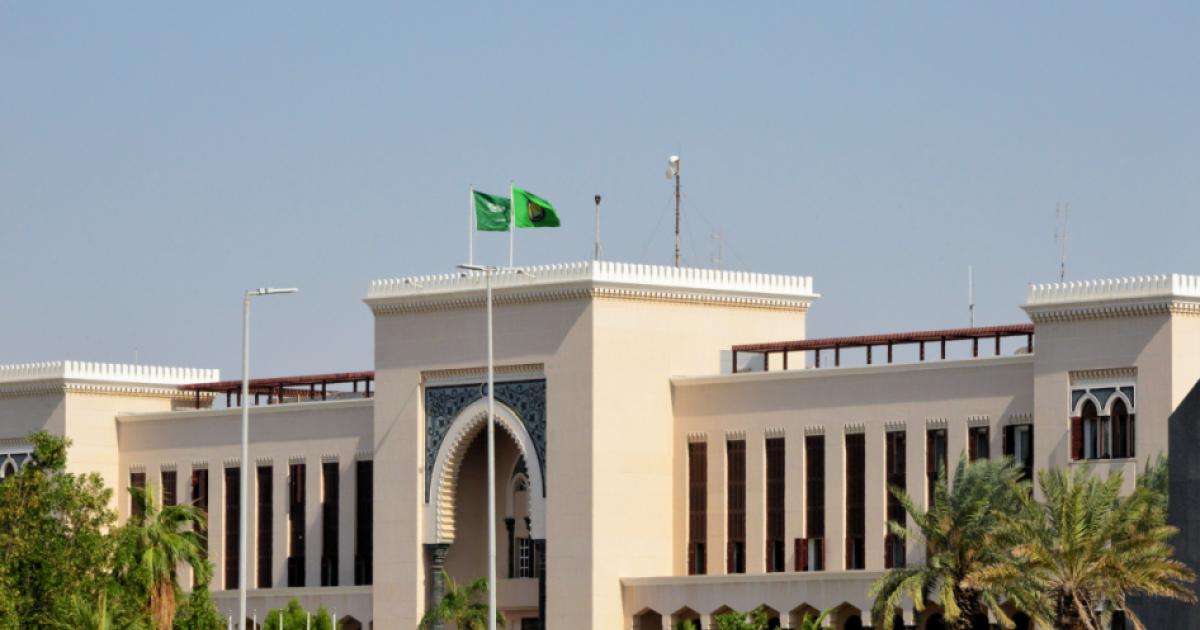- International Affairs
- Key Countries / Regions
- Middle East
- US Foreign Policy
- Politics, Institutions, and Public Opinion
If the Biden Administration lives up to its campaign promises and early governing pronouncements, human rights will play a larger role in its foreign policy than in that of the Trump Administration. This isn’t necessarily good news.
Such a prominent focus on human rights in U.S. diplomacy is far more likely to underscore Washington’s hypocrisy—or worse yet do real damage to American interests abroad. Recall the last time a U.S. administration pressed hard for human rights in the Mideast under President Jimmy Carter. The result was the overthrow of the Shah of Iran, undeniably a despot, but it is impossible to argue Iranians’ lives have been any better over the past four decades of rule by an intolerant and cruel Islamic theocracy. And, without doubt, U.S. interests in the region have suffered.
Indeed, human rights organizations say in 2020 Iran arrested thousands of its citizens and executed—mostly by hanging—236. By contrast, Saudi Arabia, which the Biden Administration is threatening to punish for its human rights failings, executed 27 individuals in the same period. Saudi executions declined dramatically last year as the kingdom stopped imposing the death penalty for non-violent drug crimes. But even at its 2019 record of 184 executions, Saudi Arabia trailed Iran with 251.
The purpose of international diplomacy by any U.S. administration should be to protect and enhance the security and well-being of Americans. Or at least to do no harm to the nation’s security and prosperity. President Biden has made it clear his top foreign policy goal is restoring a nuclear deal with Iran that President Trump dumped in 2017 before imposing crippling economic sanctions on Tehran. Given that America’s two most important Mideast allies, Israel and Saudi Arabia, viscerally oppose Biden’s move, a geopolitical free for all seems in the offing. So it’s a propitious moment to evaluate the utility of U.S. officials again weaponizing human rights.
Undeniably, the U.S. has moral values it must defend. America was founded on the principle of preserving individual liberty for all citizens through rule of law. This constitutional commitment to human dignity and liberty, so rare among nations, is a large part of what underpins American influence abroad. Defending U.S. values is especially important now when so many other governments led by China and Russia are ruthlessly suppressing their citizens to preserve autocratic regimes.
Yet the U.S. not only has values to defend but also interests. If Washington puts human rights ahead of all other interests, whether security or economic, the U.S. risks losing allies who help our country protect those shared interests. Obviously, the ideal is some intelligent balance, but this is much easier said than done.
Because the U.S. has more sway over allies than adversaries, the risk always is that what we excuse in an adversary we push to alter in an ally. This not only exposes U.S. hypocrisy, but also risks harming relations with the ally—and thus potentially U.S. interests. Iran and Saudi Arabia offer a textbook look at this dilemma. Human rights can’t be a utopian goal: it must be translated into actions and persuasion in the real world of other nations interests.
As President Obama’s vice president, Mr. Biden agreed to help Saudi Arabia in its war against the Houthis in Yemen (in part to muzzle the kingdom’s opposition to Washington signing its nuclear deal with Iran). But as President, Mr. Biden has switched positions. These days he insists the Saudi war against the Iranian-backed Houthis has been a human rights disaster. As a result, he has announced he will block U.S. weapons sales to Saudi Arabia and also named a special envoy to seek an end to the Saudi-Iran proxy war in Yemen.
The Trump Administration, the president says, “wrote Saudi Arabia a blank check” ignoring the deaths of tens of thousands in the Yemen war over the past half-dozen years. He will be different. The truth is Riyadh has desperately been seeking an end to the Yemen war at least since its Arab ally, the United Arab Emirates, pulled out of their anti-Houthi alliance in Yemen more than a year ago. Yet the Houthis with Iranian backing prefer to continue to bleed Saudi Arabia which has spent an estimated $100 billion on the war in Yemen and by its reckoning provided Yemen $17 billion in humanitarian aid. Absent significant concessions to Iran, the U.S. isn’t likely to engineer an end to the Yemen war.
While the kingdom has been fighting a war in Yemen, it also has been busily transforming Saudi Arabia’s economy and culture in ways the U.S. never dared dream, let alone demand.
Long subjugated Saudi women-- a favorite of human rights activists worldwide-- have been allowed to drive, to work in all kinds of fields including military service, and to travel abroad without permission of their male guardians. Religious police, who terrorized Saudis of all ages enforcing segregation of the sexes, are now forbidden to arrest fellow citizens. Women work alongside men in hotels, restaurants, airports; and young Saudi women without veils or even abayas can now sit in restaurants alongside male friends. Young Saudi couples can even check into a hotel without being asked for proof of marriage. All this and more amounts to a breath-taking expansion of individual liberty. These sweeping changes surely are consistent with U.S. values and should be supported by both U.S. political leadership and all Americans. In contrast, the oppression of Iranian women is perhaps most poignantly exemplified in the death of Sahar, a young soccer fan, who was sentenced to six months in prison for trying to attend a match. Her attempted suicide on learning of the verdict ended with her death in September 2019.
Saudis are well aware of their Crown Prince’s human rights shortcomings: His refusal to tolerate even mild criticism from human rights activists, religious figures or royal relatives. They know human rights activists and hardline religious figures sit side by side in Saudi prisons. And the brutal murder in 2018 of Jamal Khashoggi –a self-exiled Saudi columnist and earlier retainer of various Al Saud princes—is also known. For many Americans there is a contradiction between the Crown Prince’s modernizing agenda and his authoritarian ways of achieving it. But for many young Saudis--60% of Saudis are under 30 years of age—the glass the Crown Prince has handed his fellow citizens is definitely more than half full.
The persistent outcry of U.S. human rights groups and influential congressional voices already is having a visible, if subtle, impact on the Crown Prince’s actions. Aware his coddled relationship with Donald Trump could end this year, Crown Prince Mohammed bin Salman had begun to ease up on some high profile human rights activists late last year, reducing the prison terms of several activists. More recently, the kingdom has released Loujain al-Hathloul, a proponent of women driving, after she served 1000 days in prison though she remains under a five-year travel ban. Two more Saudi activists with U.S. citizenship were freed after 300 days of detention and even three Shia activists imprisoned for nearly a decade had their death penalty converted to 10 years in prison only clearly with an eye on influencing the Biden team’s “reassessment” of U.S. -Saudi relations.
While the U.S. no longer needs Saudi oil as it did during World War II when President Franklin Roosevelt in 1943 first declared the kingdom a “vital interest” of the U.S., Saudi Arabia remains an important partner for protecting U.S. interests in the Mideast. The U.S. seeks a region safe for democratic Israel to thrive, and one where numerous inter-Arab, Arab-Israeli and Arab-Iranian conflicts don’t erupt in destabilizing and deadly wars that could suck in the U.S. Saudi Arabia is a status quo power eager to help create a stable Mideast where Riyadh can focus on transforming its unsustainable welfare state into a private sector economy before declining oil revenues lead inexorably to the risk of domestic upheaval—or brutal crackdown.
The Biden Administration needs to encourage Saudi Arabia to pursue its own interests in achieving its Vision 2030 reform agenda by offering American support whether it be encouraging foreign investment or providing U.S. know-how. Simply berating the kingdom for past human rights failures rather than encouraging more of the liberating steps it has undertaken over the past few years to expand individual freedoms may make Washington feel good, but it won’t advance U.S. interests in Mideast stability and modernization.
If President Biden’s promised reevaluation of U.S.-Saudi relations takes a hardheaded look at what is important in this relationship, rather than grandstanding on human rights, it should be within the Biden team’s capabilities to both encourage greater respect for human rights in Saudi Arabia and greater cooperation between Washington and Riyadh. The risk inherent in this moment is that the Biden team’s lust for a deal with Iran, leads them to completely overlook Iran’s horrendous human rights record and to press Riyadh beyond the breaking point.
The Crown Prince desperately seeks strong relations with the U.S. but regime survival is his paramount goal. When the Shah confronted angry street mobs and U.S. pressure for human rights, he dithered and was deposed. For better or worse, Crown Prince Mohammed almost surely won’t make that mistake. If confronted by a domestic upheaval, whether backlash from religious conservatives or economically frustrated youth, the Crown Prince can be expected to crack down regardless of U.S. human rights pleas and to reach out to China and Russia, thus exposing U.S. interests to a sudden set of unpleasant choices. Let’s hope the U.S. learns from history.







